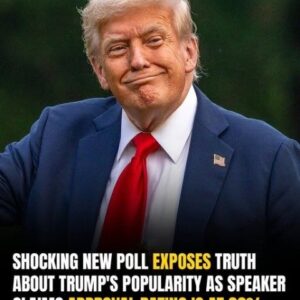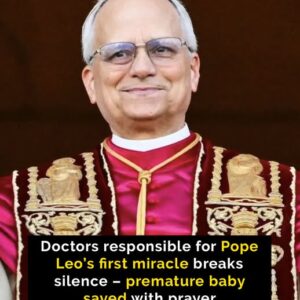Former President Joe Biden, speaking recently at a leadership conference in San Diego, shared that he remains in contact with global and political figures—even after stepping away from the presidency. During a conversation at the Society for Human Resource Management (SHRM) convention, Biden said he continues to offer informal guidance to international and domestic leaders.
“I’m getting calls… from a number of European leaders asking me to get engaged,” Biden said during his on-stage interview, according to coverage from the Western Journal. “I’m not [getting involved], but I’m giving advice. Because things are different.”
The remarks, which surfaced in a clip shared by Democratic strategist Chris Jackson on X, show the former president reflecting on America’s global role and his continuing relationships with lawmakers. “I’m dealing with a lot of Democrats and Republican colleagues,” he noted. “Not because they think I have the answer—just to bounce things off me.”
At one point, Biden turned reflective: “If America doesn’t lead the world, who can?” he asked. “Not a joke. Not because of power. Who can put it together?”
The discussion then took an unexpected turn as Biden lightheartedly referenced driving his 1967 Corvette, a moment that drew mixed reactions online. While some viewed it as a relatable anecdote, others found it puzzling within the broader conversation.
The remarks come amid ongoing analysis of Biden’s presidential legacy. During his time in office, the U.S. faced a range of challenges, including inflation, high energy costs, and border management concerns. His decision not to seek re-election followed increasing pressure from within his own party and a series of complex political developments in Washington.
Critics have raised questions about Biden’s continued influence, citing the administration’s handling of various issues. A recent ICE report highlighted concerns about the vetting of sponsors for unaccompanied migrant children, drawing renewed attention to immigration policy. Additionally, discussions surrounding high-profile pardons and the use of administrative processes have fueled broader debates about executive authority.
Still, Biden’s comments at the SHRM convention suggest he sees a continuing role for himself—if not in official capacity, then as an experienced figure offering insight.
As public opinion remains divided, the conversation underscores the enduring visibility of former presidents in both domestic and international affairs. Whether viewed as a respected elder statesman or a polarizing figure, Biden’s reflections highlight the lasting impact of leadership—long after leaving office.





